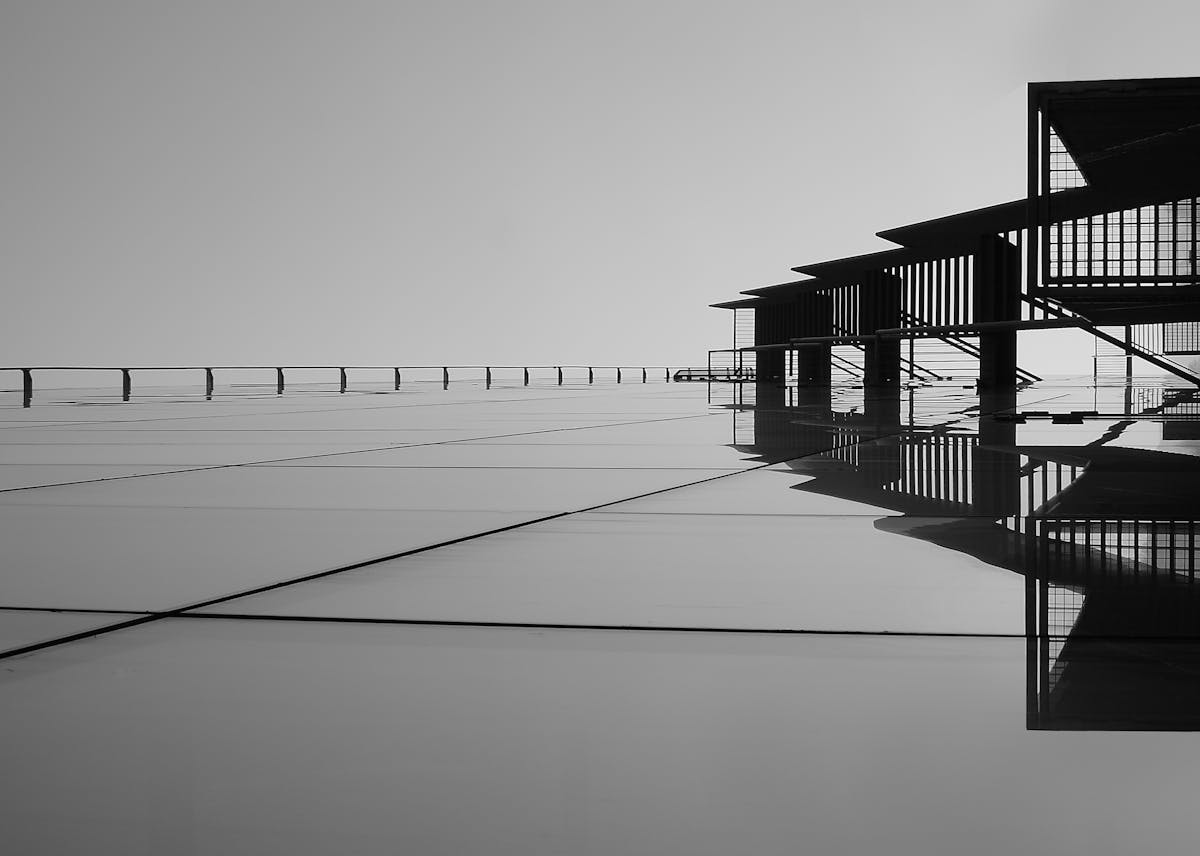Hotel Acapulco
My emaciated hands continued to write,
turning each voice of death into paper,
That he lefts no will,
forgetting to look after
what everyone defines as the normal business
of every human being: office, home, family,
the ideal, at last, of a regular life.
Abandoned, back in 2026, any defense
of a permanent contract,
labelled as unbalanced,
I’m locked up in the centre of Milan,
Hotel Acapulco, a decrepit hotel,
calling upon the dreams of the marginalized,
exhausting a lifetime’s savings
in magazines and meagre meals.
When the Carabinieri burst
into the decrepit room of the Hotel Acapulco
and find yet another dead man without a will,
who will tell the ordinary story
of an old man who lived windbreak?
The Ballad of Peggy and Pedro
The ballad of Peggy and Pedro barked out by the punkbestials
of the Garibaldi Bridge, with a mixture of hatred and despair,
teaches us the intimate relationship between geometry and love,
to love as if we were maths surrounded by stray dogs.
Peggy you were drunk, normal mood,
in the slums along the bed of the Tiber
and alcohol, on August evenings, doesn’t warm you up,
clouding every sense in annihilating dreams,
transforming every chewed-up sentence into a gunfight in the back
on armour dissolved by the summer heat.
Lying on the edges of the bridge’s ledges,
among the drop-outs of the Rome open city,
you opened your heart to the gratuitous insult of Pedro,
your lover, and toppled over, falling into the void,
drawing gravitational trajectories from the sky to the cement.
Pedro wasn’t drunk, a day’s journey away,
you weren’t drunk, abnormal state of mind,
in the slums along the bed of the Tiber,
or in the empty parties of Milan’s movida,
with the intention of explaining to dogs and tramps
a curious lesson of non-Euclidean geometry.
Mounted on the edge of the bridge,
in the apathetic indifference of your distracted pupils,
you jumped, in the same trajectory of love,
along the same fatal path as your Peggy,
landing on the cement at the same instant.
The punkbestials of the Garibaldi Bridge, cleared by the local authority,
will spread a surreal lesson to every slum in the world
centred on the astonishing idea
that love is a matter of non-Euclidean geometry.
The Anti-Promise to Love
Anti-poet, victim of my anti-poetry,
all I could do is dedicate to you an anti-promise of love,
my anti-promise of love would have the features of a synesthesia,
the Stalinist hardness of steel and the softness of colour,
the finesse of friendship and the consistency of love,
your white eyes turn me into a hydrophobic cynic,
and there’s no doctor for rage, my love.
An anti-promise of love to be read before a registrar,
as to convince a tecno-trivial world,
i’ve loved you since June 1976, perhaps, in truth, since April,
i was an embryo and you were still immersed in the aurora borealis,
for six years you would have been an angel, a ghost, the inessential of a fractal,
without batting an eyelid waiting for you, six years, thirty-six years, with nothing to say,
the sheep of Panurge’s contemporaries would condemn me to total silence.
You are my anti-promise of love, and the idea may seem imperceptible to you,
i observe you sleeping, serene, like a crumb abandoned in a toaster,
my love I am stripped of the role of ‘sapper’ – it is abyssal like a submarine,
condemned to scatter torpedoes under the (false) guise of a dogfish.
Epimilligramme
You don’t have to put yourself in color if you look at your name,
you know, I’ll make you immortal in “portrait d’anonyme”.
My ink cuts better than a bowl of hemlock:
without anyone knowing your fame has evolved.
Ignote Tomb
Corpse No. 2,
the shadow of the wave reflected in my right retina,
hands clenched to grasp Mediterranean sands
worn under red surfing bermudas.
Corpse n.7,
muffled screaming attempts at the pit of my stomach
Marrakech hash maps in my pockets,
scanty dirhams sown between my purse and trousers,
led me to the mouth of the abyss.
Corpse No. 12,
‘Eloi, Eloi, lemà sabactàni’,
I don’t remember who was shouting it to whom
not being written in the Koran:
I too died invoking it in vain.
Corpse No. 18,
retreating on the roads between the dunes of Misrata,
in thirsty slalom between friendly and enemy missiles,
and dying of water.
Corpse No 20,
although nomads, like me, sway
on desert ships, detonated fluids,
never will they get used to drowning.
Every grave of the unknown migrant
whispers that it is hard to embrace
a death that comes from the sea.
About the Author
 Ivan Pozzoni was born in Monza in 1976. He introduced Law and Literature in Italy and has published essays on Italian philosophers and on the ethics and juridical theory of the ancient world. He was the founder and director of the literary magazine Il Guastatore – «neon»-avant-garde notebooks; he was the founder and director of the literary magazine L’Arrivista. He is included in the Atlas of contemporary Italian poets of the University of Bologne and figures à plusieurs reprized in the great international literature review of Gradiva. His verses are translated into 25 languages.
Ivan Pozzoni was born in Monza in 1976. He introduced Law and Literature in Italy and has published essays on Italian philosophers and on the ethics and juridical theory of the ancient world. He was the founder and director of the literary magazine Il Guastatore – «neon»-avant-garde notebooks; he was the founder and director of the literary magazine L’Arrivista. He is included in the Atlas of contemporary Italian poets of the University of Bologne and figures à plusieurs reprized in the great international literature review of Gradiva. His verses are translated into 25 languages.












